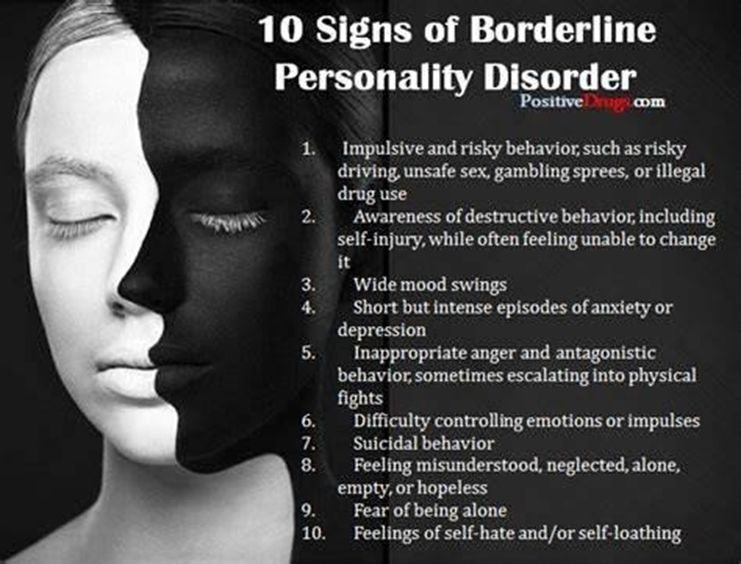A client who is prescribed lithium carbonate is being discharged from inpatient care. Which medication information should the nurse teach this client?
Have serum lithium levels checked every 6 months.
Adjust the dose if you feel out of control.
Do not reduce normal dietary sodium intake.
Limit fluid intake to 1,000 mL of fluid per day.
The Correct Answer is C
C. Sodium intake can influence lithium excretion and affect serum lithium levels. Maintaining a consistent and adequate sodium intake is important for stabilizing serum lithium levels and optimizing the medication's therapeutic effects.
A. Patients should have their serum lithium levels checked regularly, typically every 3 months, not just every 6 months as suggested.
B. Clients should never adjust their lithium dose without consulting their healthcare provider. Lithium dosage adjustments should be made only under the guidance and supervision of a healthcare professional based on the client's clinical response, serum lithium levels, and overall treatment plan.
D. Adequate hydration is essential for overall health and well-being, and dehydration can increase the risk of lithium toxicity.
Nursing Test Bank
Naxlex Comprehensive Predictor Exams
Related Questions
Correct Answer is B
Explanation
B. Multiple visits of the same child with different injuries could be a significant red flag for possible child abuse. Patterns of repeated injuries or injuries inconsistent with the child's developmental stage or reported activities may indicate a pattern of maltreatment.
A. While accidental injuries can occur, a dislocated shoulder in a 1-year-old child from arm swinging seems unlikely and may warrant further investigation.
C. Breaking a bone, such as an arm, can occur accidentally during childhood play or activities and the behavior of the child clinging to the mother is expected in moments of pain.
D. Middle ear infections are common in childhood and typically do not raise suspicion of abuse on their own.
Correct Answer is B
Explanation
B. Individuals with borderline personality disorder may exhibit behavior that generates conflict among staff members or within their interpersonal relationships. They may have difficulty regulating emotions, experience intense mood swings, and engage in impulsive or manipulative behaviors that contribute to conflicts with others.
A. Individuals with borderline personality disorder often struggle with interpersonal relationships and may have difficulty maintaining stable and healthy connections with others.
C. Suspiciousness of others is not a primary characteristic of borderline personality disorder.
D. Bizarre speech patterns are not typically associated with borderline personality disorder.

Whether you are a student looking to ace your exams or a practicing nurse seeking to enhance your expertise , our nursing education contents will empower you with the confidence and competence to make a difference in the lives of patients and become a respected leader in the healthcare field.
Visit Naxlex, invest in your future and unlock endless possibilities with our unparalleled nursing education contents today
Report Wrong Answer on the Current Question
Do you disagree with the answer? If yes, what is your expected answer? Explain.
Kindly be descriptive with the issue you are facing.
